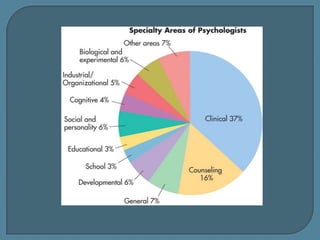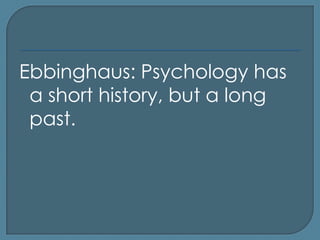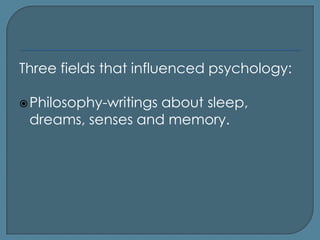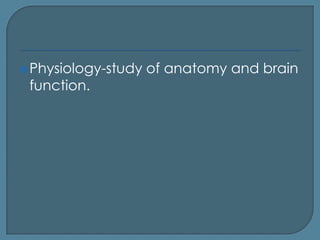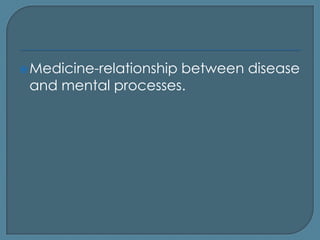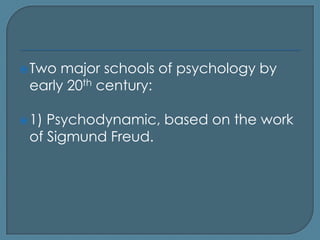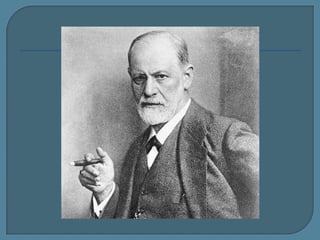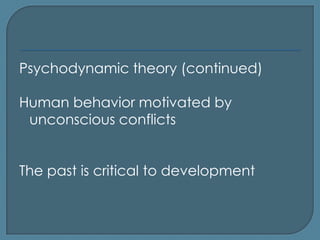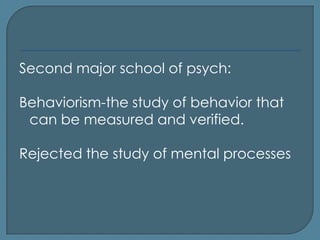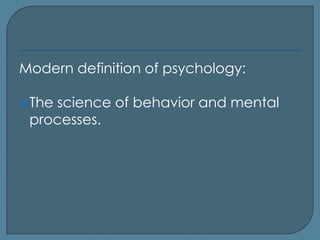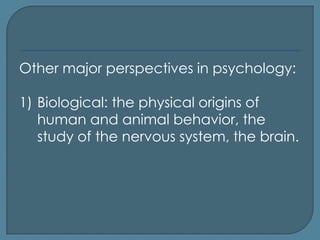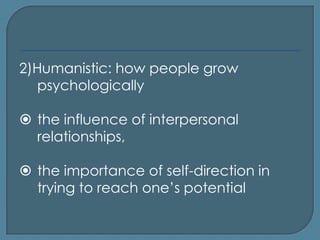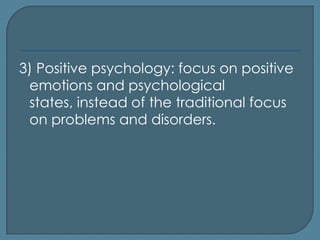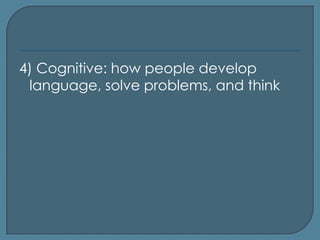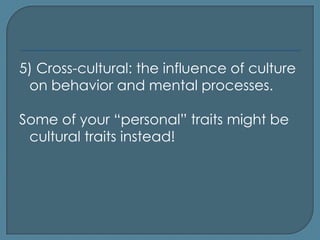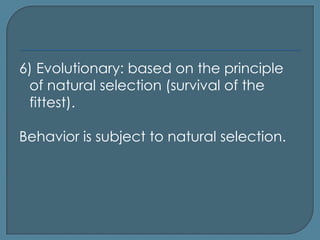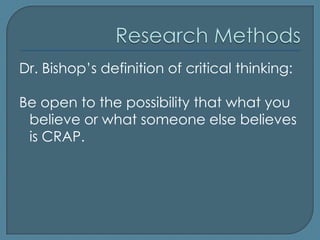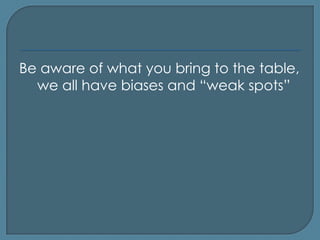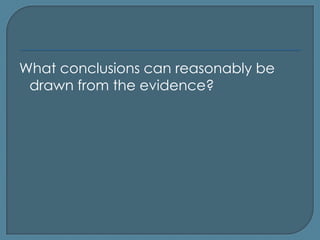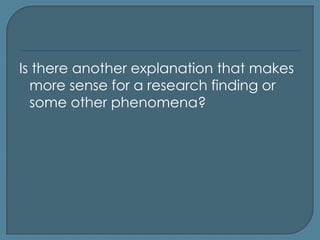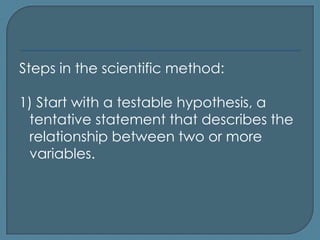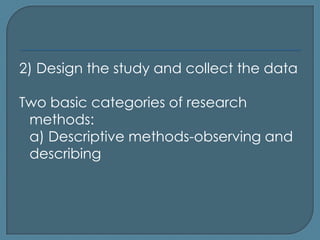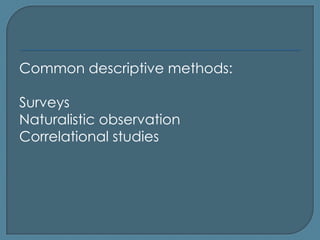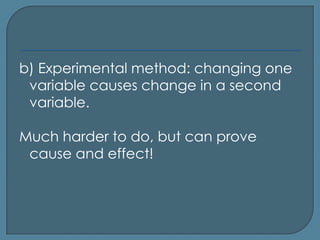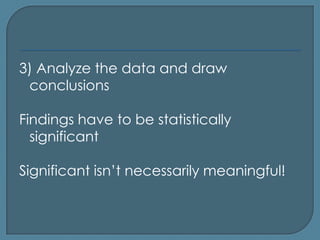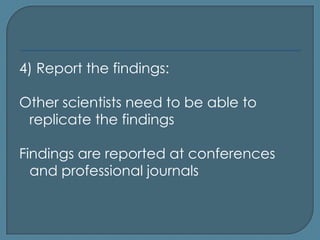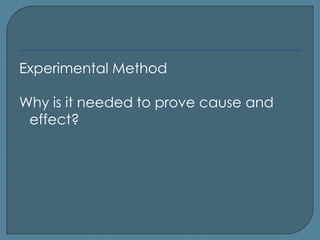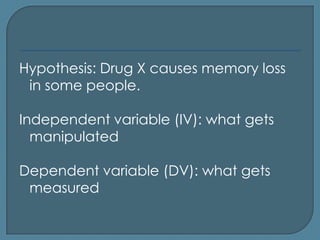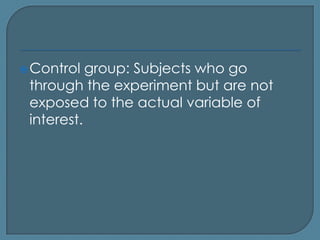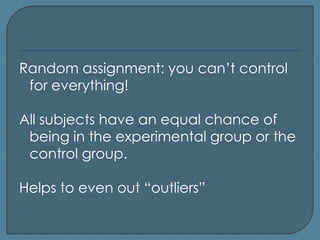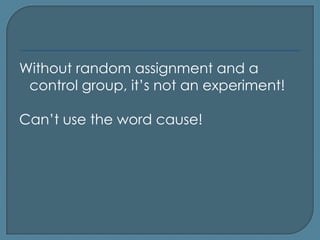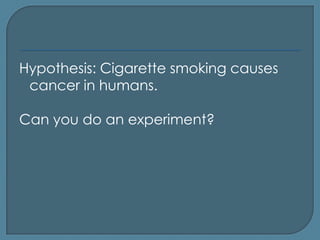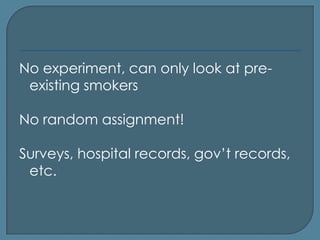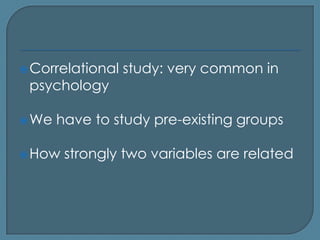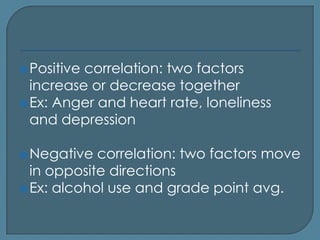Chapter 1 presentation 140
- 4. Ebbinghaus: Psychology has a short history, but a long past.
- 5. Three fields that influenced psychology: ? Philosophy-writings about sleep, dreams, senses and memory.
- 6. ? Physiology-study of anatomy and brain function.
- 7. ? Medicine-relationship between disease and mental processes.
- 8. ? Two major schools of psychology by early 20th century: ? 1)Psychodynamic, based on the work of Sigmund Freud.
- 10. Psychodynamic theory (continued) Human behavior motivated by unconscious conflicts The past is critical to development
- 11. Second major school of psych: Behaviorism-the study of behavior that can be measured and verified. Rejected the study of mental processes
- 12. Modern definition of psychology: ? The science of behavior and mental processes.
- 13. Other major perspectives in psychology: 1) Biological: the physical origins of human and animal behavior, the study of the nervous system, the brain.
- 14. 2)Humanistic: how people grow psychologically ? the influence of interpersonal relationships, ? the importance of self-direction in trying to reach oneˇŻs potential
- 15. 3) Positive psychology: focus on positive emotions and psychological states, instead of the traditional focus on problems and disorders.
- 16. 4) Cognitive: how people develop language, solve problems, and think
- 17. 5) Cross-cultural: the influence of culture on behavior and mental processes. Some of your ˇ°personalˇ± traits might be cultural traits instead!
- 18. 6) Evolutionary: based on the principle of natural selection (survival of the fittest). Behavior is subject to natural selection.
- 20. Dr. BishopˇŻs definition of critical thinking: Be open to the possibility that what you believe or what someone else believes is CRAP.
- 21. Be aware of what you bring to the table, we all have biases and ˇ°weak spotsˇ±
- 22. What conclusions can reasonably be drawn from the evidence?
- 23. Is there another explanation that makes more sense for a research finding or some other phenomena?
- 24. Steps in the scientific method: 1) Start with a testable hypothesis, a tentative statement that describes the relationship between two or more variables.
- 25. 2) Design the study and collect the data Two basic categories of research methods: a) Descriptive methods-observing and describing
- 26. Common descriptive methods: Surveys Naturalistic observation Correlational studies
- 27. b) Experimental method: changing one variable causes change in a second variable. Much harder to do, but can prove cause and effect!
- 28. 3) Analyze the data and draw conclusions Findings have to be statistically significant Significant isnˇŻt necessarily meaningful!
- 29. 4) Report the findings: Other scientists need to be able to replicate the findings Findings are reported at conferences and professional journals
- 30. Experimental Method Why is it needed to prove cause and effect?
- 31. Hypothesis: Drug X causes memory loss in some people. Independent variable (IV): what gets manipulated Dependent variable (DV): what gets measured
- 32. ? Control group: Subjects who go through the experiment but are not exposed to the actual variable of interest.
- 33. Random assignment: you canˇŻt control for everything! All subjects have an equal chance of being in the experimental group or the control group. Helps to even out ˇ°outliersˇ±
- 34. Without random assignment and a control group, itˇŻs not an experiment! CanˇŻt use the word cause!
- 35. Hypothesis: Cigarette smoking causes cancer in humans. Can you do an experiment?
- 36. No experiment, can only look at pre- existing smokers No random assignment! Surveys, hospital records, govˇŻt records, etc.
- 37. ? Correlational study: very common in psychology ? We have to study pre-existing groups ? How strongly two variables are related
- 38. ? Positivecorrelation: two factors increase or decrease together ? Ex: Anger and heart rate, loneliness and depression ? Negative correlation: two factors move in opposite directions ? Ex: alcohol use and grade point avg.
Editor's Notes
- #29: Rocky Road example



